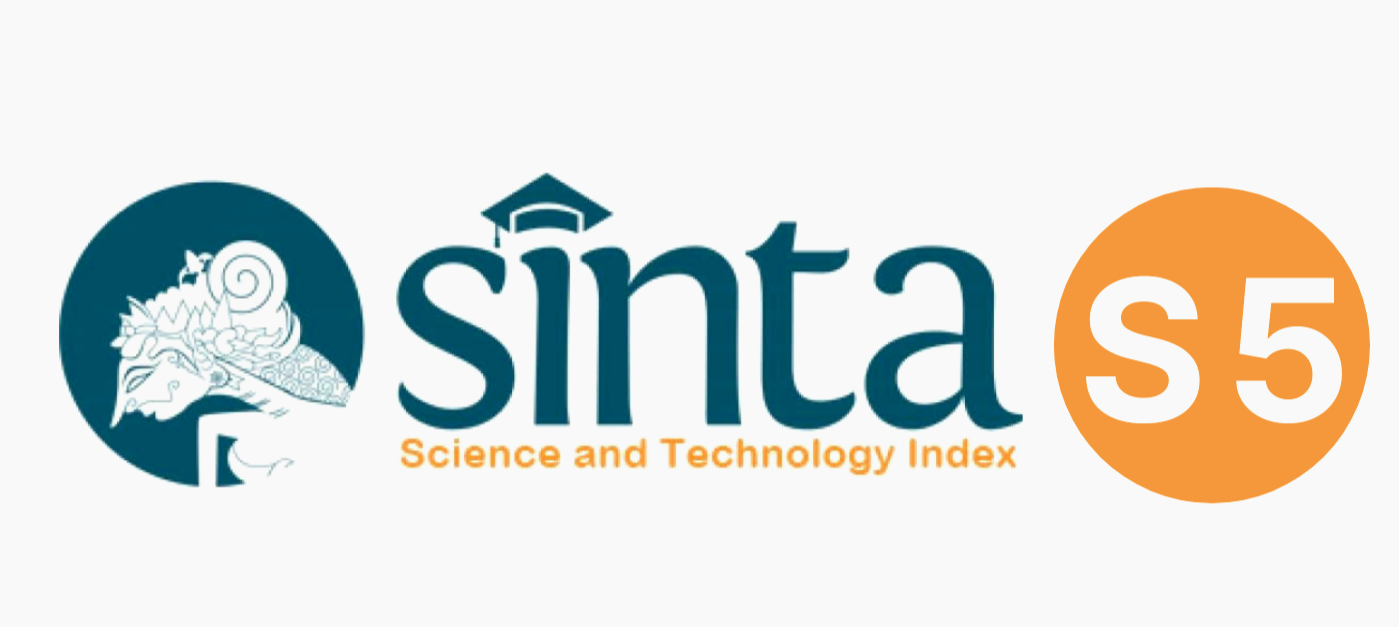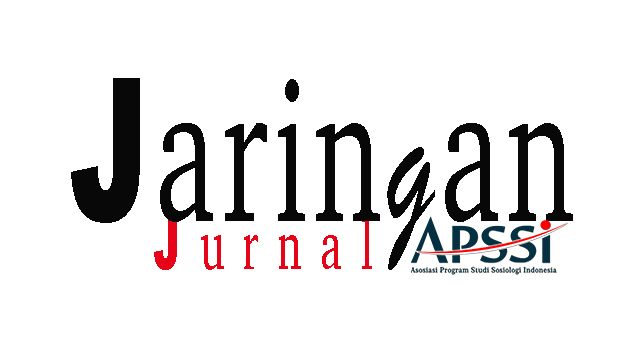Cash Transfers: the right answer for the poor in developing countries? Visiting Indonesia’s contemporary case study
 Abstract: 169
/
Abstract: 169
/  Abstract: 19
Abstract: 19
DOI:
https://doi.org/10.47753/je.v4i2.78Abstract
One of the most popular poverty reduction programs is Cash Transfers (CT). Even though the implementation of CT programs in Indonesia is also useful in providing basic needs for needy families, however, thus, programs are not conveyed a significant effect on poverty reduction. CTs give cash to poor households in order to help them fulfill their basic needs and emphasize the investment of human capital for their children. This study attempts to map out what factors that cause the ineffectiveness of CT programs in Indonesia compare with the success of CT programs in other countries. This study found that Several factors drive the implementation of social protection, particularly cash transfer, in Indonesia is not as successful as what has been being implemented in other countries. Comparing to Europe, Indonesia still lacks resources to support the implementation of CT programs. European countries, despite its advantages on EU integration, already have established infrastructures and human resources.References
Bank, T. W. (2020). No Title. Retrieved April 17, 2020, from https://www.worldbank.org/en/country/indonesia/overview#1
Bank, W. (2017). International Bank for Reconstruction and Development Program Appraisal Document on a Proposed Loan to the Indonesia.
Baute, S. (2019). Social Protection and Citizens ’ EU Policy Expectations : The Interplay Between National and Supranational Politics ? In The EUSA Internationa Bienal Conference (pp. 1–24). Denver.
Brady, D., Blome, A., & Kleider, H. (2017). How Politics and Institutions Shape Poverty and Inequality. The Oxford Handbook of the Social Science of Poverty, 1(November 2018), 1–29. https://doi.org/10.1093/oxfordhb/9780199914050.013.7
Canali, C., Geron, D., & Vecchiato, T. (2019). Italian families living in poverty: Perspectives on their needs, supports and strengths. Children and Youth Services Review, 97(May 2017), 30–35. https://doi.org/10.1016/j.childyouth.2017.06.006
Commission, E. (2019). Poverty and Social Exclusion.
Fiszbein, A., & Schady, N. (2009). Conditional Cash Transfer: Reducing Present and Future Poverty. Washington, DC: The World Bank.
Forget, E. L., Peden, A. D., & Strobel, S. B. (2013). Cash transfers, basic income and community building. Social Inclusion, 1(2), 84–91. https://doi.org/10.12924/si2013.01020084
Gilmour, S., Hamakawa, T., & Shibuya, K. (2013). Cash-transfer programmes in developing countries. The Lancet, 381(9874), 1254–1255. https://doi.org/10.1016/s0140-6736(13)60358-x
Hoff, K., & Sen, A. (2006). THE KIN SYSTEM AS A POVERTY TRAP? In S. Bowels, S. N. Durlauf, & K. Hoff (Eds.), Poverty Traps. Princeton University Press.
Iswara, M. A. (2020). 1.2 million Indonesian workers furloughed, laid off as COVID-19 crushes economy.
Kholif, K. I., Noor, I., & Siswidiyanto. (2014). Implementasi Program Keluarga Harapan ( PKH ) Dalam Menanggulangi Kemiskinan Di Kecamatan Dawarblandong Kabupaten Mojokerto “Implementation of the Family of Hope Program (PKH) in Overcoming Poverty in the Dawarblandong District of Mojokerto Regency.†Jurnal Administrasi Publik, 2(4), 709–714.
Kyzyma, I., & Williams, D. R. (2017). Public cash transfers and poverty dynamics in Europe. Empirical Economics, 52(2), 485–524. https://doi.org/10.1007/s00181-016-1085-5
Ladhani, S., & Sitter, K. C. (2020). Conditional cash transfers: A critical review. Development Policy Review, 38(1), 28–41. https://doi.org/10.1111/dpr.12416
Lin, K., Xu, Y., Huang, T., & Zhang, J. (2013). Social Exclusion and Its Causes in East Asian Societies: Evidences from SQSQ Survey Data. Social Indicators Research, 112(3), 641–660.
Olken, B. A. (2019). Designing Anti-Poverty Programs in Emerging Economies in the 21st Century: Lessons from Indonesia for the World. Bulletin of Indonesian Economic Studies, 55(3), 319–339. https://doi.org/10.1080/00074918.2019.1690411
Ord, T. (2014). Global poverty and the demands of morality. In J. (ed) Perry (Ed.), God, the Good, and Utilitarianism: Perspectives on Peter Singer (pp. 177–191). https://doi.org/10.1017/CBO9781107279629.013
Owusu-Addo, E., Renzaho, A. M. N., & Smith, B. J. (2020). Developing a middle-range theory to explain how cash transfers work to tackle the social determinants of health: A realist case study. World Development, 130, 1–14. https://doi.org/10.1016/j.worlddev.2020.104920
Rawlings, L. B., & Rubio, G. M. (2003). Evaluating the impact of conditional cash transfer programs: lessons from Latin America (No. 3119). World Bank Policy Research Working Paper. https://doi.org/10.1093/wbro/lki001
Setyawan, H. A. (2020). Pekerja Informal Ibu Kota “Informal Workers in City Capital.â€
Von Gliszczynski, M. (2015). Cash transfers and basic social protection: towards a development revolution? Hampshire, England: Palgrave Macmillan. https://doi.org/10.1007/s13398-014-0173-7.2
Downloads
Published
Issue
Section
License
Articles published in Jurnal Empirika are licensed under the International License of Creative Commons Allowance-ShareAlike 4.0. The author is free to use any media to copy, change, or redistribute the paper, provided the author gives credit to the original author and this journal, links to the license, shows if modifications have been made, and redistributes it in the same permission. The author grants the right to any third party to use their posts following the Creative Commons Attribution-Share Alike International 4.0.











